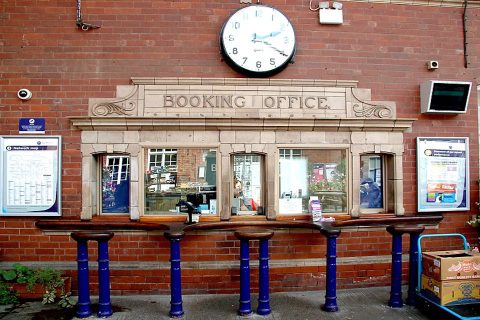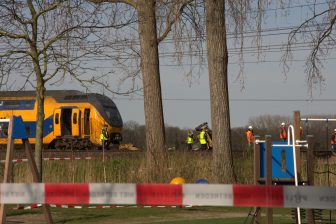
England’s plan to close ticket offices may prompt parliamentary debate
A groundswell of opposition has prompted a delay in the contentious plans to close the majority of rail station ticket offices across England. The public consultation, which concluded recently, amassed an unprecedented 680,000 responses, a record according to rail passenger watchdogs. Originally slated for assessment by 6 October, both Transport Focus and London Travelwatch requested an extension due to the sheer volume of feedback. In a government concession, they now having until the end of October to complete their evaluation.
Want to read more?
You have read all of your free premium articles for this month. Please become a subscriber to keep reading.
Subscribe now!
Take advantage of our exclusive offer to get full access to all premium content.



